![]()
The world of work is rapidly evolving with the advancement of technology, particularly in the field of artificial intelligence (AI). One of the most remarkable developments in AI is ChatGPT, a language model that has the potential to revolutionize various industries, including education. In this article, we will explore the ChatGPT revolution in the world of work and discuss how education should adapt and evolve to leverage its capabilities.
Table of Contents
- The Impact of ChatGPT on Education
- ChatGPT Revolution in the Way We Work
- Adapting Education for the ChatGPT Revolution
- 1. Embrace Technology Integration
- 2. Foster Digital Literacy Skills
- 3. Reimagine Learning Environments
- 4. Promoting Critical Thinking and Creativity
- 5. Addressing Ethical and Social Implications
- 6. Cultivating Adaptability and Lifelong Learning
- 7. Collaboration and Interdisciplinary Approaches
- 8. Continuous Professional Development for Educators
- 9. Balancing AI with Human Interaction
- Frequently Asked Questions and Answers (FAQ)s:
- Conclusion
The Impact of ChatGPT on Education
ChatGPT has already begun to make its presence felt in the realm of education, and its impact is expected to be profound. By harnessing the power of natural language processing, ChatGPT has the ability to assist educators, enhance student learning experiences, and optimize administrative processes. Let’s delve into some of the key areas where ChatGPT is transforming education:
1. Personalized Learning
One of the primary advantages of ChatGPT in education is its potential to enable personalized learning experiences for students. With the assistance of ChatGPT, teachers can create tailored learning materials and provide individualized feedback to students. This personalized approach helps cater to each student’s unique needs, promoting a more effective and engaging learning environment.

To learn more about personalized learning techniques, check out the article titled, “Teaching AI Prompt Engineering to Students: Importance, Tips, and Prospects“.
2. Streamlined Assessment and Feedback
Assessment plays a crucial role in education, and ChatGPT can significantly enhance the assessment process. By leveraging generative AI, educators can create intelligent assessment tools that analyze student responses, provide immediate feedback, and even generate detailed reports. This streamlined approach saves time for teachers and allows them to focus more on personalized instruction.

For a comprehensive guide on how to use generative AI in assessment, visit How to Use Generative AI in Assessment.
3. AI-Powered Content Creation
Creating educational content can be a time-consuming task for teachers. However, ChatGPT can assist in generating high-quality educational materials, such as lesson plans, quizzes, and interactive activities. With the help of AI-powered design tools like Canva, students can also explore their creative potential and produce visually appealing presentations.
Discover how Canva, with its AI-powered design tools, can benefit students in the article Canva for Students with AI-Powered Design Tools.
4. Virtual Teaching Assistants
The integration of ChatGPT in education opens up possibilities for virtual teaching assistants. These AI-powered assistants can answer students’ questions, provide real-time support, and offer additional resources when needed. By automating certain tasks, teachers can focus on more complex aspects of their role, fostering a more efficient learning environment.
To explore effective ChatGPT prompts for teachers and gain insights into creating engaging interactions, refer to the comprehensive guide on Effective ChatGPT Prompts for Teachers.
ChatGPT Revolution in the Way We Work
ChatGPT has become an exceptional tool in the workplace, enabling individuals and teams to streamline their workflows and enhance the way they work. Its natural language processing capabilities make it a versatile assistant for tasks such as drafting emails, writing reports, and generating code. With ChatGPT, professionals can offload mundane and time-consuming tasks, allowing them to focus on higher-value work. Let’s explore how ChatGPT is revolutionizing the way we work:
1. Streamlining Communication
Effective communication is crucial in any work environment. ChatGPT, with its natural language processing capabilities, enables seamless and efficient communication. It can assist in drafting emails, generating reports, and even providing real-time language translation. By automating routine communication tasks, ChatGPT frees up time for professionals to focus on more strategic and creative aspects of their work.

2. Enhancing Decision-Making
In the fast-paced business world, quick and informed decision-making is essential. ChatGPT can serve as a valuable tool by providing instant access to relevant information, data analysis, and insights. Professionals can leverage ChatGPT to gather market research, analyze trends, and make data-driven decisions with greater confidence and accuracy.

3. Automating Repetitive Tasks
Repetitive tasks can be time-consuming and monotonous, draining productivity and creativity. ChatGPT offers the potential to automate such tasks, allowing professionals to allocate their time and energy to more complex and value-added work. From data entry and scheduling to content generation, ChatGPT can significantly reduce manual labor and streamline workflows.
4. Boosting Creativity and Innovation
Creativity and innovation are key drivers of success in the modern work landscape. ChatGPT serves as a valuable creative assistant, providing inspiration, suggestions, and alternative perspectives. It can generate ideas, assist in content creation, and even support the design process. By working alongside ChatGPT, professionals can unlock their creative potential and push the boundaries of innovation.

5. Enabling Virtual Assistants
ChatGPT’s capabilities extend to the realm of virtual assistants, offering personalized support to professionals. Virtual assistants powered by ChatGPT can handle tasks such as scheduling appointments, managing emails, and conducting research. This technology not only saves time but also enhances productivity by offloading administrative burdens from professionals. ChatGPT’s transformative influence on the workplace is undeniable. By streamlining communication, enhancing decision-making, automating repetitive tasks, supporting virtual collaboration, boosting creativity, and enabling virtual assistants, ChatGPT is revolutionizing the way we work. As we continue to explore its capabilities, it is essential for individuals and organizations to embrace this technology and adapt their workflows to leverage its benefits fully.
6. Improving Customer Service
ChatGPT has the potential to revolutionize customer service by providing intelligent and personalized support. It can assist in handling customer inquiries, providing instant responses, and even resolving basic issues. With ChatGPT’s ability to understand and generate natural language, businesses can deliver a more efficient and satisfying customer service experience.
7. Augmenting Professional Training and Development
Continuing education and professional development are essential for individuals to thrive in the ever-evolving workplace. ChatGPT can play a significant role in augmenting training and development programs. It can provide interactive learning experiences, simulate real-world scenarios, and offer personalized feedback to enhance skills and knowledge acquisition.
8. Facilitating Data Analysis and Insights
In the era of big data, organizations rely on robust data analysis to gain valuable insights. ChatGPT can assist professionals in analyzing complex data sets, identifying patterns, and extracting meaningful information. By leveraging the power of AI, ChatGPT simplifies data analysis processes and empowers professionals to make data-informed decisions.
Adapting Education for the ChatGPT Revolution
As ChatGPT continues to shape the world of work, it is imperative for education to adapt accordingly. Here are some key considerations for educators and institutions:
1. Embrace Technology Integration
To fully leverage the benefits of ChatGPT and AI in education, it is essential for educators to embrace technology integration. Training programs and professional development should focus on equipping teachers with the necessary skills to effectively utilize AI tools and platforms. This ensures that educators can maximize the potential of ChatGPT in their classrooms.
2. Foster Digital Literacy Skills
With the rise of AI, students need to develop strong digital literacy skills. Educators should emphasize the importance of critical thinking, data analysis, and responsible AI usage. By fostering these skills, students can navigate the digital landscape, evaluate AI-generated content, and become responsible digital citizens.
To understand how AI is transforming the landscape of education and its implications, refer to the article on How AI is Transforming the Landscape of Education.
3. Reimagine Learning Environments
ChatGPT’s impact extends beyond traditional classroom settings. It enables remote learning, self-paced education, and personalized instruction. Educators should reimagine learning environments to accommodate these advancements. Learning management systems (LMS) are instrumental in managing online courses, tracking student progress, and facilitating collaborative learning.

Discover the future of learning management systems in the article The Future of Learning Management Systems (LMS).
4. Promoting Critical Thinking and Creativity
While ChatGPT offers numerous benefits in education, it is important to strike a balance between leveraging AI technology and nurturing critical thinking and creativity in students. Educators should encourage students to critically evaluate the outputs generated by ChatGPT, prompting them to question, analyze, and refine the information provided. By promoting critical thinking skills, students develop a deeper understanding of the subject matter and become active participants in the learning process.
5. Addressing Ethical and Social Implications
As AI technology continues to advance, it is crucial for education to address the ethical and social implications associated with ChatGPT and similar AI models. Educators should engage students in discussions about privacy, bias, and the responsible use of AI. By exploring these topics, students develop a better understanding of the potential challenges and ethical considerations surrounding AI applications, enabling them to navigate the evolving digital landscape more responsibly.
6. Cultivating Adaptability and Lifelong Learning
In a rapidly changing world, adaptability and lifelong learning are becoming essential skills. Education should focus on cultivating these qualities in students to prepare them for the dynamic nature of work influenced by ChatGPT and other AI technologies. By fostering adaptability, students develop the ability to embrace change, acquire new skills, and navigate evolving work environments with confidence.
I recommend that you go through this article featuring 11 strategies for embracing lifelong learning.
7. Collaboration and Interdisciplinary Approaches
The integration of ChatGPT in education opens up opportunities for collaboration and interdisciplinary approaches. Educators can encourage students to collaborate on projects that leverage ChatGPT’s capabilities. By working across disciplines, students can combine their expertise to tackle complex problems, fostering a holistic understanding of various subjects and enhancing their teamwork and communication skills.
8. Continuous Professional Development for Educators
As education evolves in the ChatGPT era, it is essential for educators to engage in continuous professional development. Educators should stay updated on the latest advancements in AI and explore innovative ways to incorporate ChatGPT into their teaching methodologies. Training programs and workshops can provide educators with the necessary skills and knowledge to effectively integrate AI tools like ChatGPT in the classroom.
9. Balancing AI with Human Interaction
While the ChatGPT revolution offers valuable assistance in education, it is crucial to maintain a balance between AI and human interaction. Educators should ensure that the integration of ChatGPT does not replace the essential role of teachers as mentors, guides, and facilitators of student learning. Human interaction fosters emotional connections, empathy, and personalized support, which are integral to the holistic development of students.
Frequently Asked Questions and Answers (FAQ)s:
Q: What is ChatGPT and how does it impact education?
A: ChatGPT is an AI-powered chatbot that can generate human-like text responses to prompts. It can impact education positively by shifting the focus from mastering formulas to teaching critical thinking, revision, research, discussion, and organizing ideas creatively with new and changing media forms.
Q: How are teachers and students using ChatGPT in the classroom?
A: Teachers and students are using ChatGPT in various ways, such as creating study guides, writing emails to parents, devising math problems, and researching prompts for debate teams. ChatGPT can also assist teachers in creating lesson plans and even generating teaching methods.
Q: How can ChatGPT be used as a learning tool?
A: ChatGPT can be used as a learning tool by encouraging critical thinking about class concepts and fostering digital literacy skills. It can also be used for planning or administrative purposes, such as suggesting titles for grants or generating responses to share with students.
Q: What are some ethical and social implications of using ChatGPT in education?
A: Some ethical and social implications of using ChatGPT in education include concerns about academic integrity and cheating, as well as the potential for ChatGPT to replace human teachers. However, ChatGPT can also provide 24/7 support to students and assist teachers in identifying areas where students are struggling.
Q: How can educators adapt to the ChatGPT revolution?
A: Educators can adapt to the ChatGPT revolution by embracing technology integration, fostering critical thinking and creativity, and addressing ethical and social implications. They can also cultivate adaptability and lifelong learning, collaboration and interdisciplinary approaches, and continuous professional development for educators.
Conclusion
ChatGPT is revolutionizing the world of work, and education must evolve accordingly. Its potential to personalize learning experiences, streamline assessment and feedback, facilitate content creation, and support virtual teaching assistants is immense. By embracing technology integration, fostering digital literacy skills, and reimagining learning environments, education can harness the power of ChatGPT to create more engaging, effective, and inclusive learning experiences for students.
To explore more about ChatGPT revolution in education, visit Impacts of ChatGPT-4 on Education.
For teachers seeking the best AI content detection tools, take a look at the article on Best Free AI Content Detection Tools for Teachers.
Educators interested in incorporating ChatGPT into their teaching practices can find guidance in the article Using ChatGPT in Education: A Guide for Teachers.
Students looking to create educational videos can find valuable insights in the article Educational Videos for Students: How to Create.
By adapting and embracing the transformative power of ChatGPT, education can pave the way for a future where technology enhances the learning experience and prepares students for the dynamic world of work created by the ChatGPT revolution.
“Education is the passport to the future, for tomorrow belongs to those who prepare for it today.”
– Malcolm X
Khondker Mohammad Shah-Al-Mamun is an experienced writer, technology integration and automation specialist, and Microsoft Innovative Educator who leads the Blended Learning Center at Daffodil International University in Bangladesh. He was also a Google Certified Educator and a leader of Google Educators Group (GEG) Dhaka South.
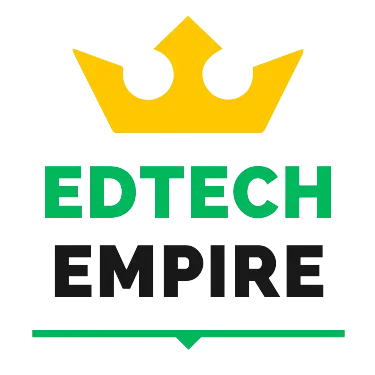





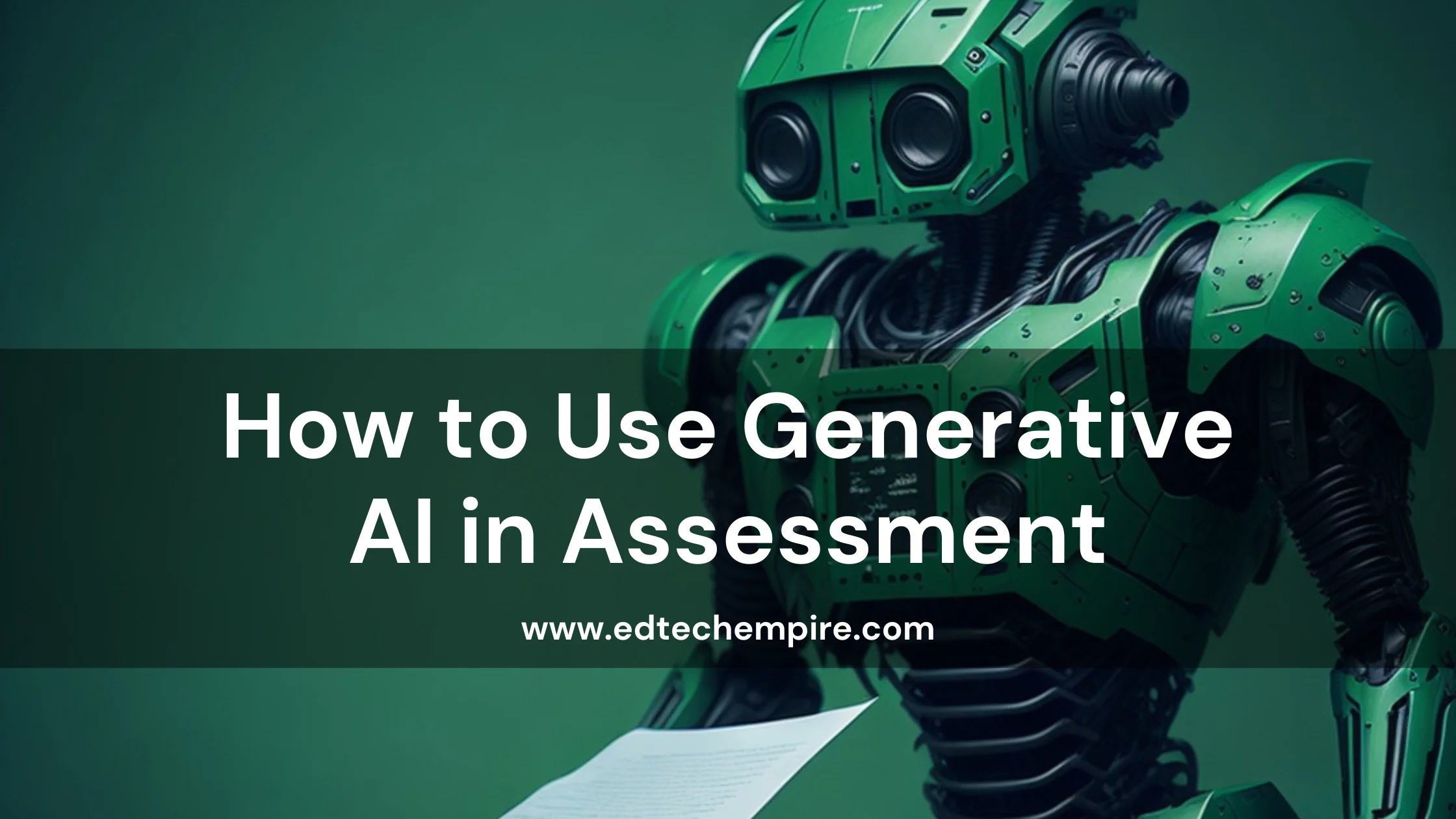
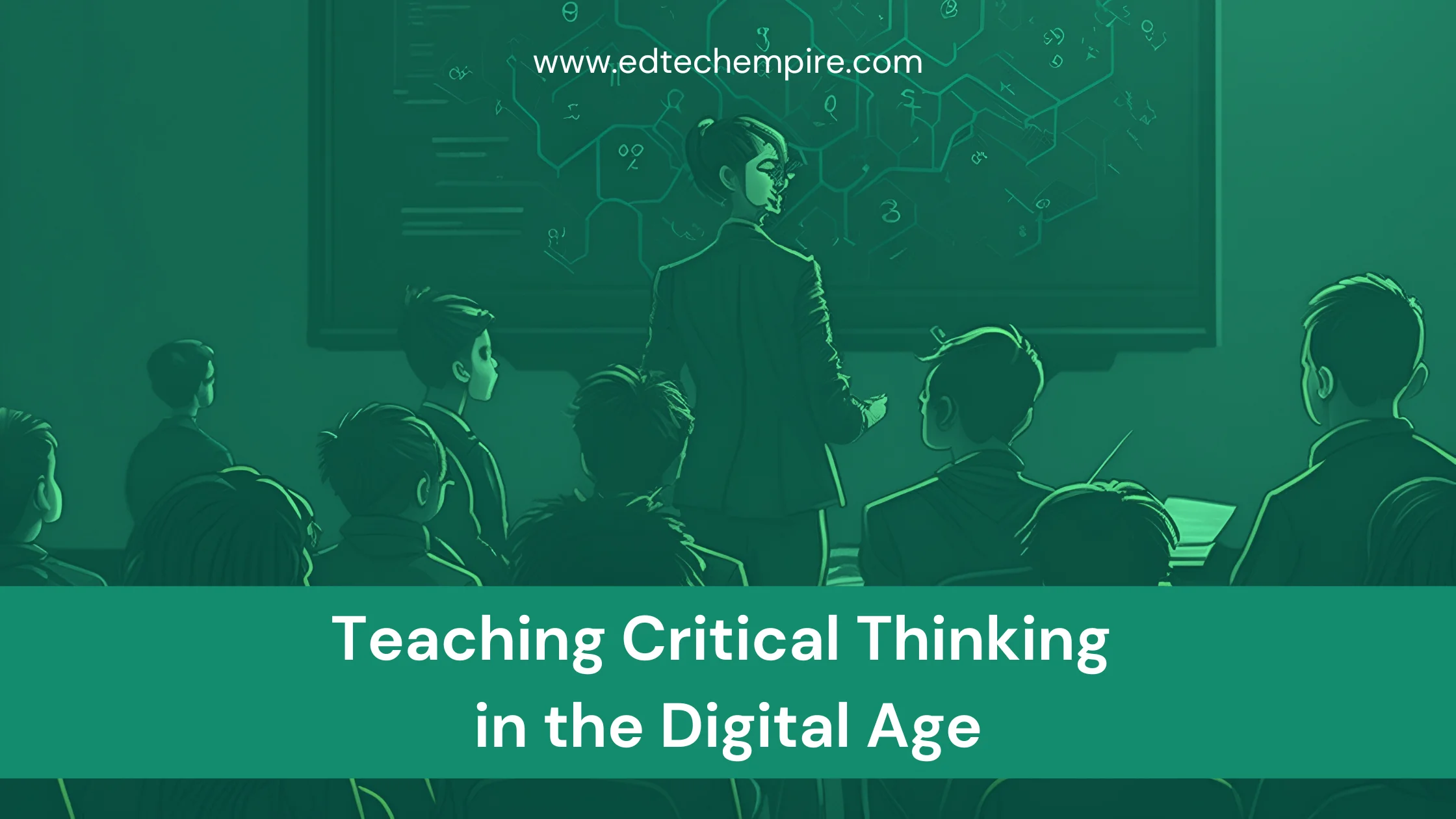


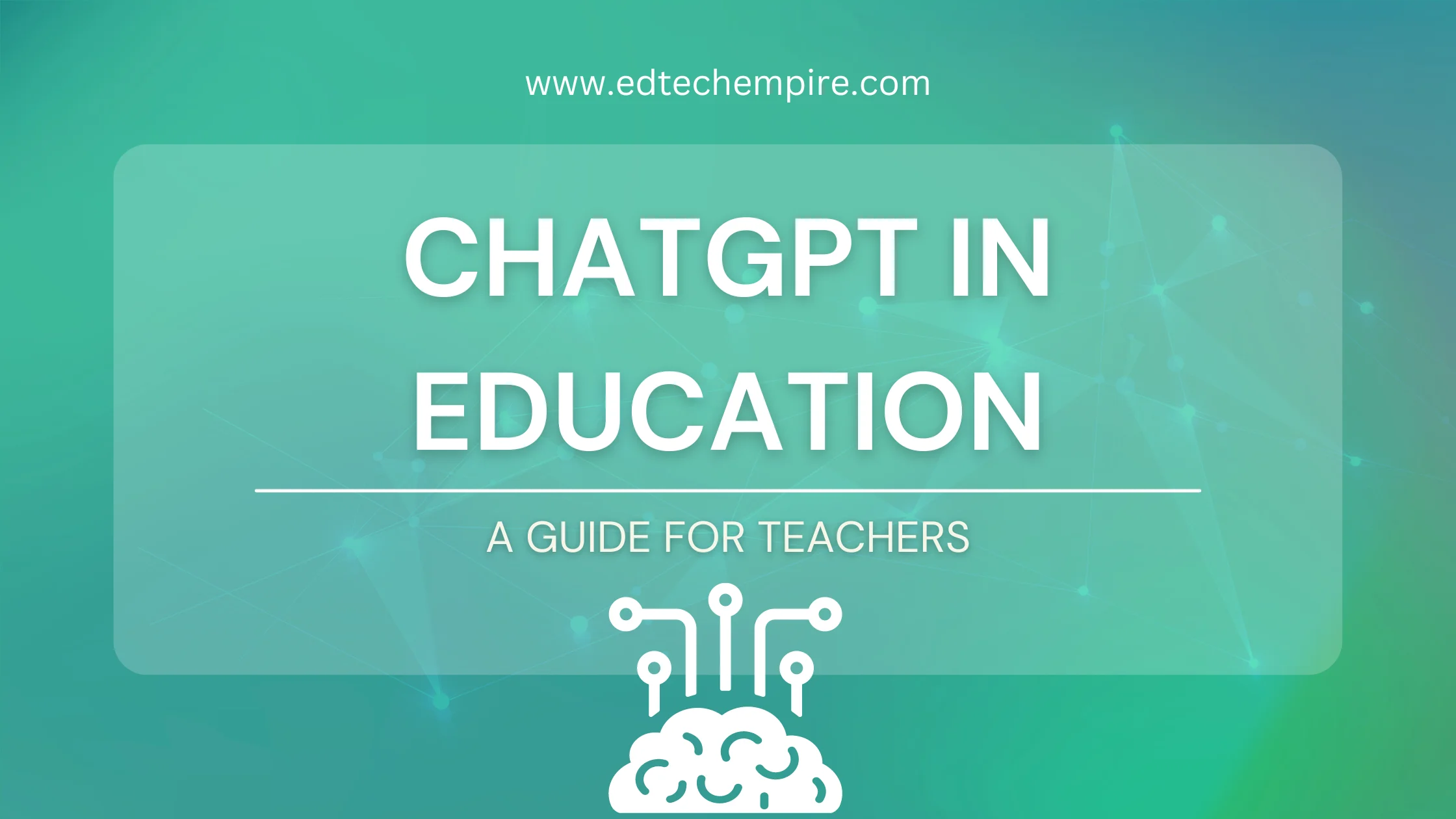


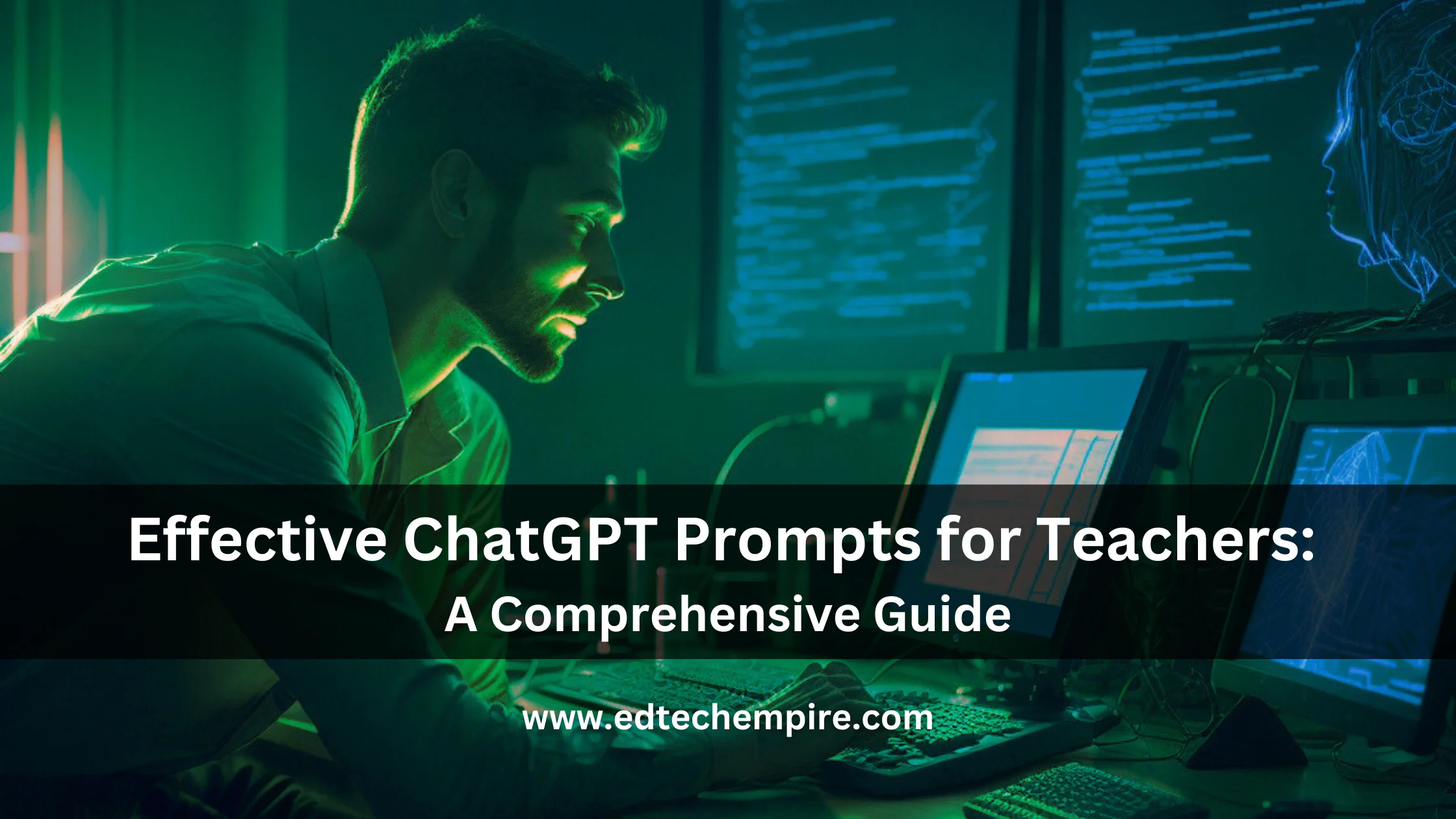

Leave a Reply